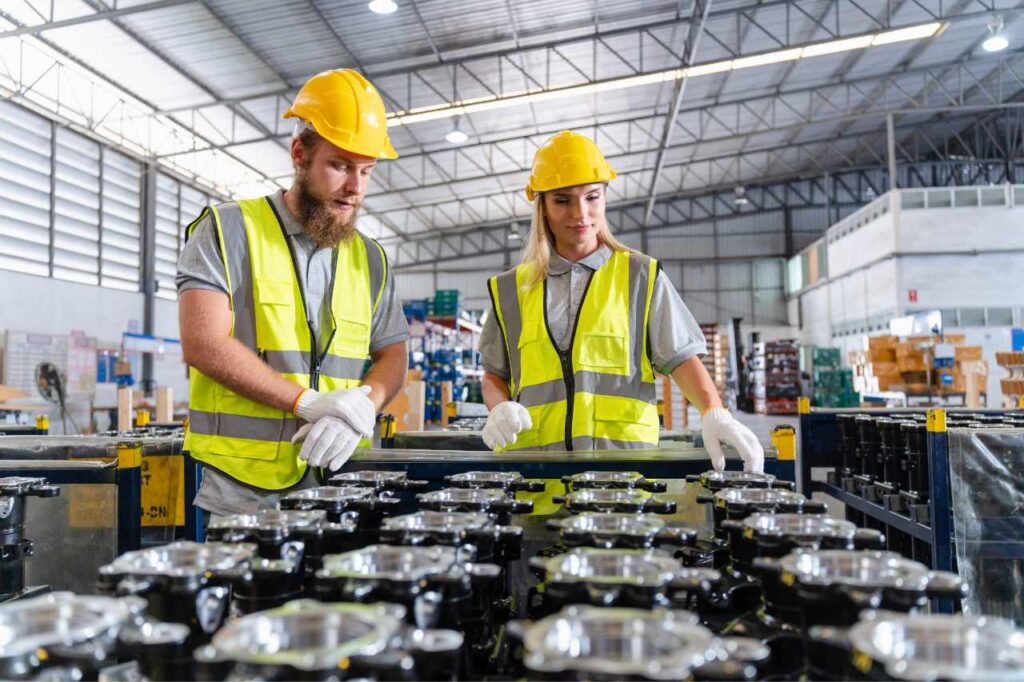Our goal is to keep your machinery operating and reduce downtime. That’s why we specialize in industrial protective coatings.
We are an industry leader in protective coatings and are proud to provide our customers with top-of-the-line product quality that ensures the extended life of your equipment, prevents service disruption, and increases your revenue.
But just how do industrial protective coatings affect the manufacturing process? And how do these coatings extend the lifespans of your equipment?
Let’s learn how protective coatings can protect your equipment from physical and chemical damage.
Industrial Protective Coatings in Manufacturing
There are many different types of protective coatings. Integrated Protective Coatings offers a wide range, including electroless nickel coating, fluoropolymer, fusion-bonded epoxy, and thermally inter-diffused coatings.
Electroless Nickel Coating (ENC)
ENC Coating is often used in manufacturing to extend the life of the substrate metal by creating a barrier to protect it from abrasion, erosion, and corrosion. This process consists of evenly deposited nickel alloy on the metal’s surface without using an electric current.
Thermally Inter-Diffused Coating
This coating (IPC Series 9000) is a thermally inter-diffused nickel-super-alloy deposit used in the manufacturing industry to provide superior corrosion protection compared to standard ENC. It has exceptional erosion properties at high temperatures of up to 600°C!
IPC Fluoropolymer Coating
IPC Fluoropolymer coatings are an engineered high-performance blend of polymers with a host of valuable benefits. Fluoropolymer coatings prevent moving parts from sticking and make them easier to clean. They’re typically used in various industries like food processing, industrial machinery, and chemical processing.
Fusion Bonded Epoxy
Our Fusion Bonded Epoxy creates an extremely tough protective layer that provides resistance to harsh environments, such as seawater, wastewater, harsh chemicals, corrosive soil, and hydrocarbons. It’s typically used in industries like chemical processing, potable water, and oil and gas.
Learn more about the differences between these protective coatings here.
The Benefits of Coatings: Protection From Corrosion
To corrode is “to eat away by degrees as if by gnawing (to wear away gradually usually by chemical action), or to weaken or destroy gradually.”
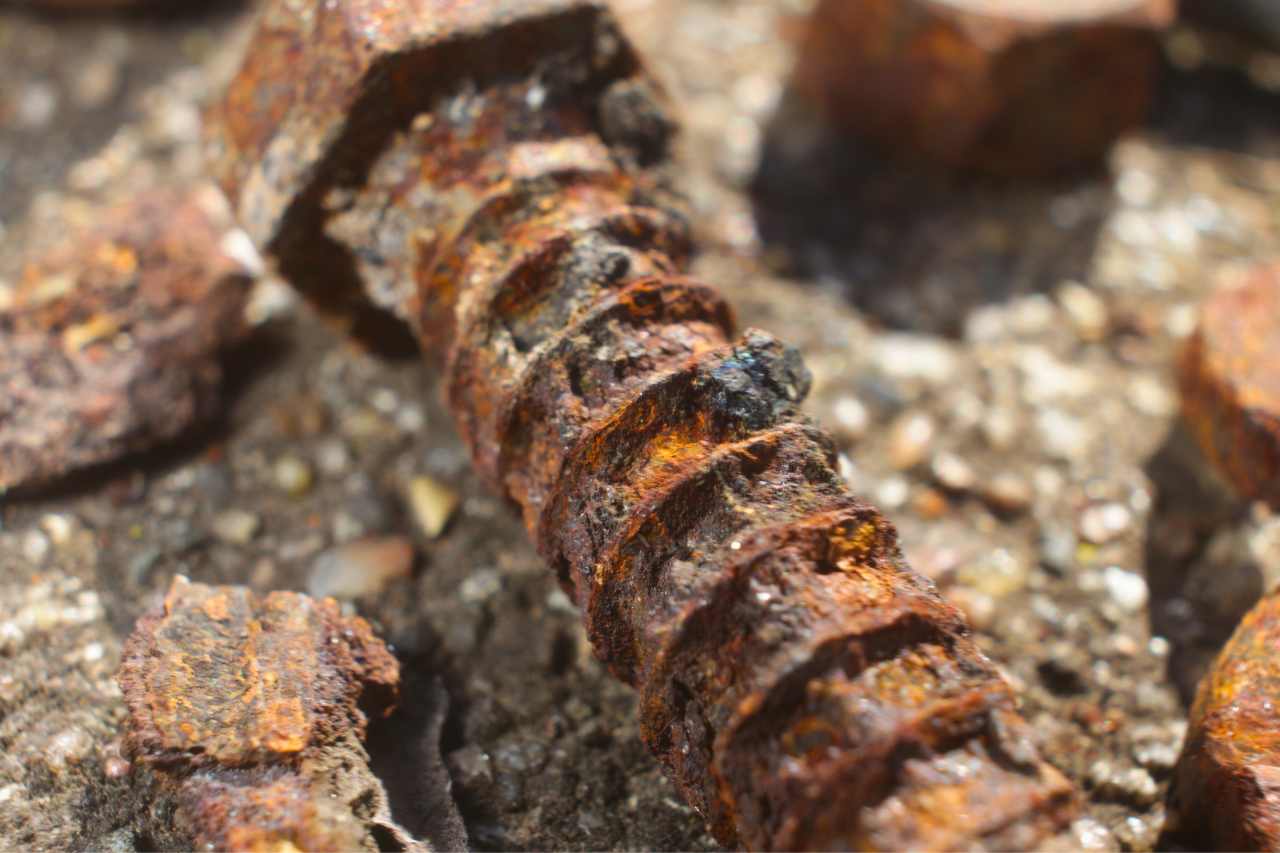
Chemical degradation caused by reactions with the environment often affects the lifespan and efficiency of industrial machinery. The greater the corrosion, the greater the degradation! Your equipment can take a beating, whether it be acid, chemical reactions, or oxidization processes.
Protective coatings prevent fluids or corrosive chemicals from entering the micro-cracks of the base metal and causing structural damage. This extends the life of your substrate metals, increases productivity, decreases downtime, and reduces accidents, repairs, and replacement costs!
Check out this example of corrosion in the tire manufacturing industry from Rockwell Automation. If the technology is not coated with a protective coating or enclosed properly, corrosion causes downtime and technical difficulties for their customers.
Learn more about corrosion in manufacturing in this video.
Protection from Oxidation
To oxidize is “to combine with oxygen, to change (a compound) by increasing the proportion of the electronegative part, or change (an element or ion) from a lower to a higher positive valence.”
When metals react with oxygen, a chemical process called oxidation occurs. This process involves the loss of electrons, and examples include food spoiling or rust. While this may sound like corrosion, they are not the same. Corrosion is actually the process following an oxidation reaction, making it a type of oxidation.
Although rust is a superficial reaction on the surface of the metal, it can lead to further corrosion and dangerous working environments. Protect your equipment from rust damage by using protective coatings.
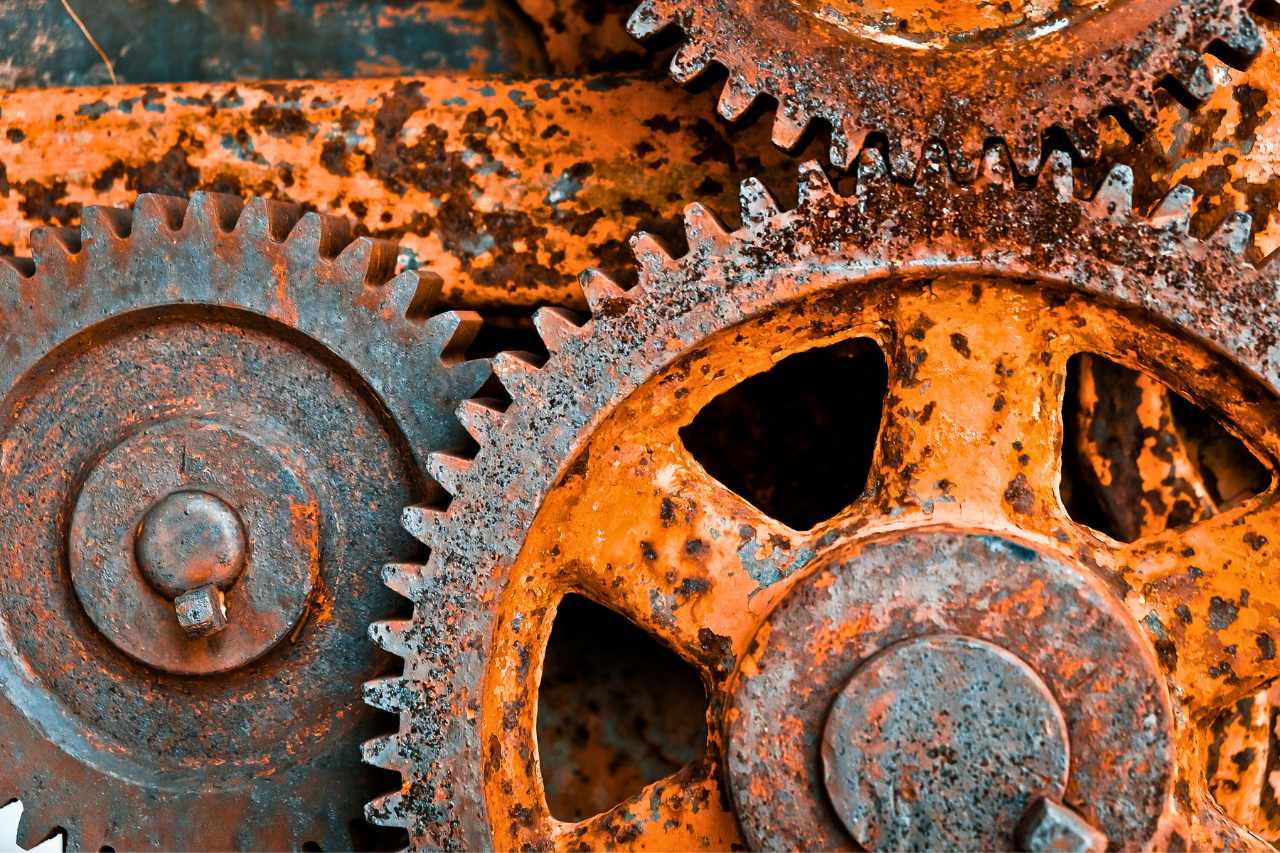
Read: The Power of IPC 9000 Series in Safeguarding Oil and Gas Operations
Protection from Abrasion
Abrasion is “a wearing, grinding, or rubbing away by friction.”
Wherever there are moving parts, there is friction. The result of two surfaces meeting and rubbing against one another can be the wearing down of one (or both) surface. Excessive wear and tear can reduce the longevity of your manufacturing equipment and cost you in the long run.
Protective coatings are heat and abrasion-resistant, safeguard product purity, and eliminate polishing and lapping.
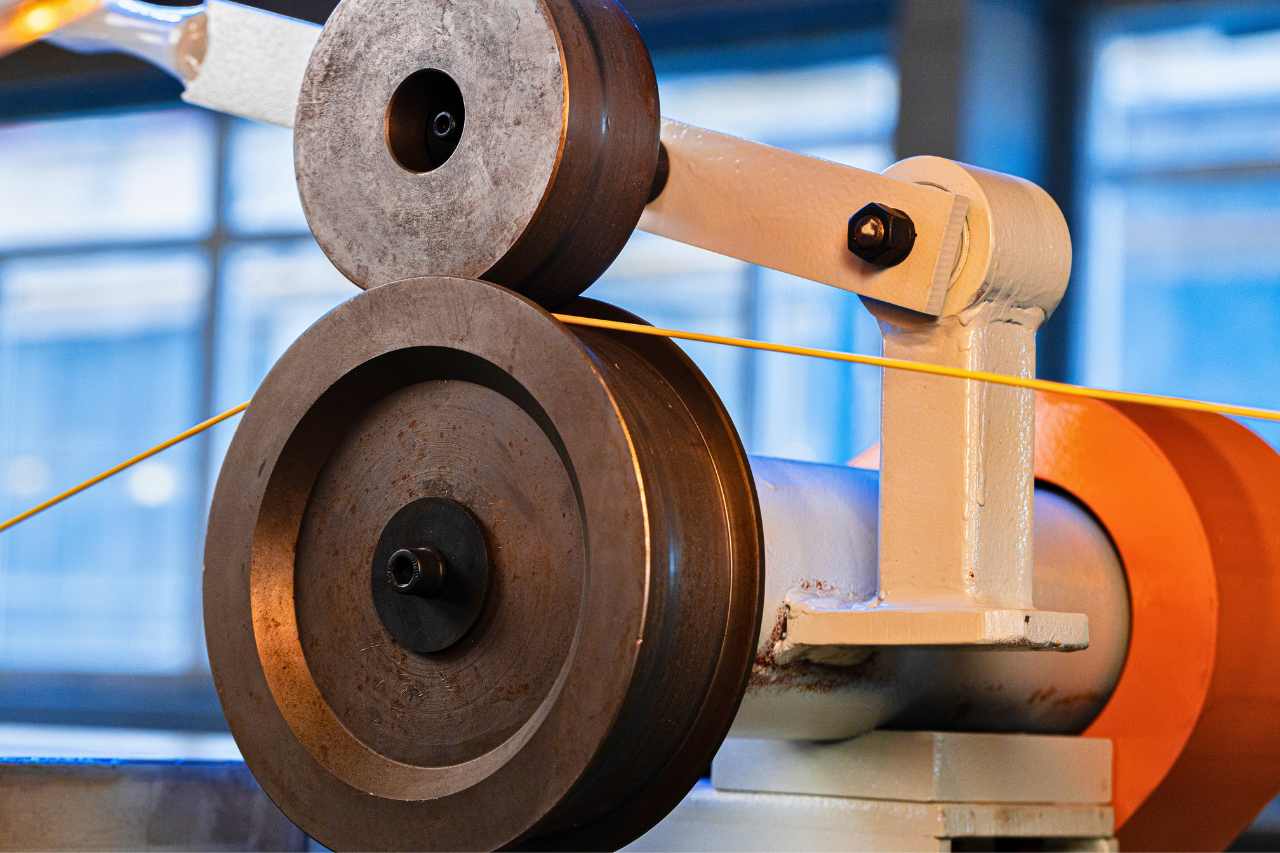
Are you looking for abrasion resistance? Meet fluoropolymer coatings.
Protection from Erosion
Erosion is “to diminish or destroy by degrees, to eat into or away by slow destruction of substance (as by acid, infection, or cancer), to wear away by the action of water, wind, or glacial ice, or to cause to deteriorate or disappear as if by eating or wearing away.”
While corrosion is caused by chemical reactions (like oxidation), erosion is a physical reaction where small fragments wear down the substrate metal.
IPC’s protective coatings offer erosion resistance and can increase the uptime of your manufacturing operations. Our thermally inter-diffused IPC Series 9000 coating can offer corrosion and erosion protection at up to 600°C.
Increase Your Manufacturing Uptime with Protective Coatings
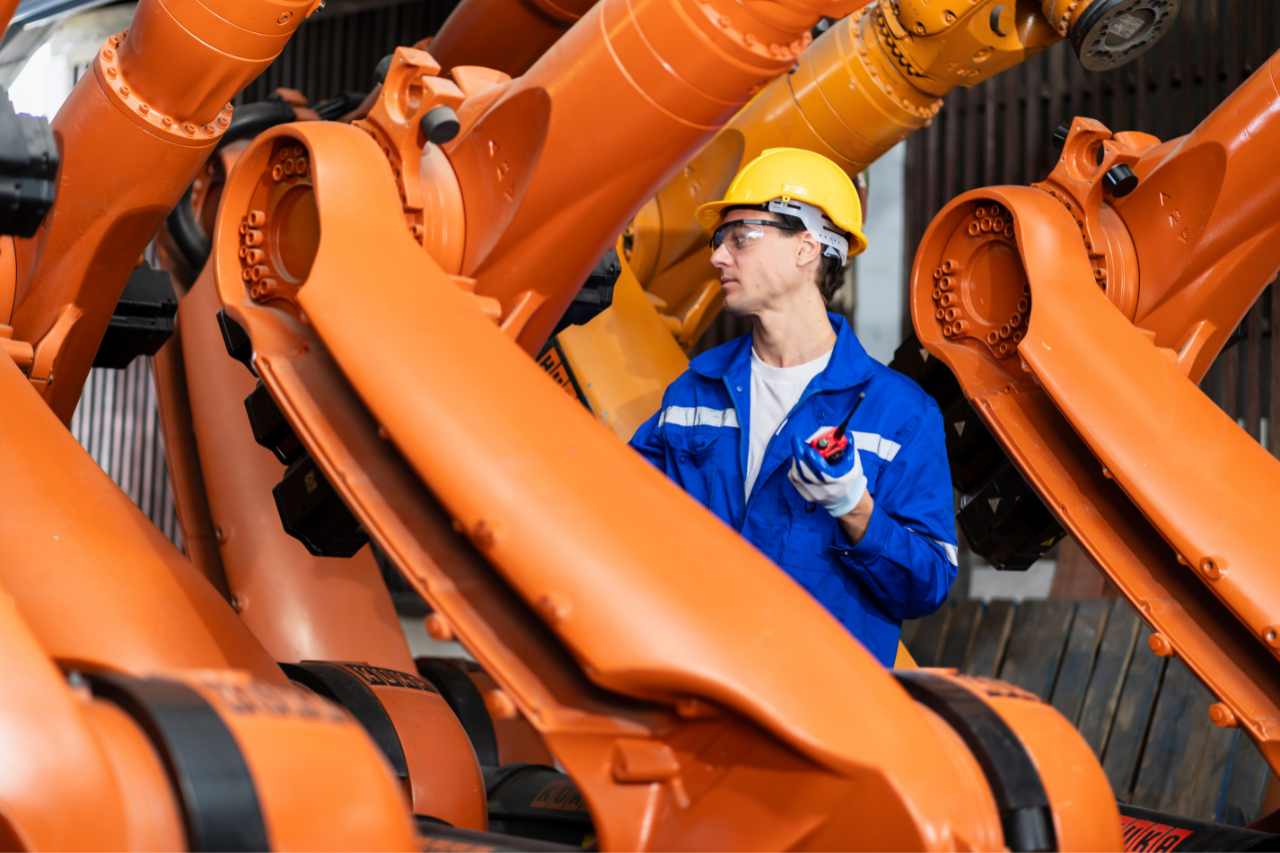
Trust the experts – trust IPC! Integrated Protective Coatings Inc. is proud to be a leading coating provider, having been chosen as the #1 qualified applicator for some of the world’s largest and most reputable coating manufacturers.
We offer cost-effective alternatives to exotic alloys and help our customers protect their equipment and products from physical and chemical damage. Get in touch with our team about your protective coating options here.
